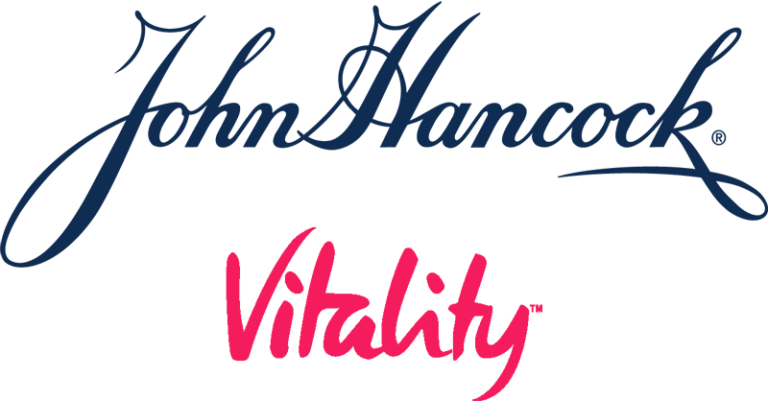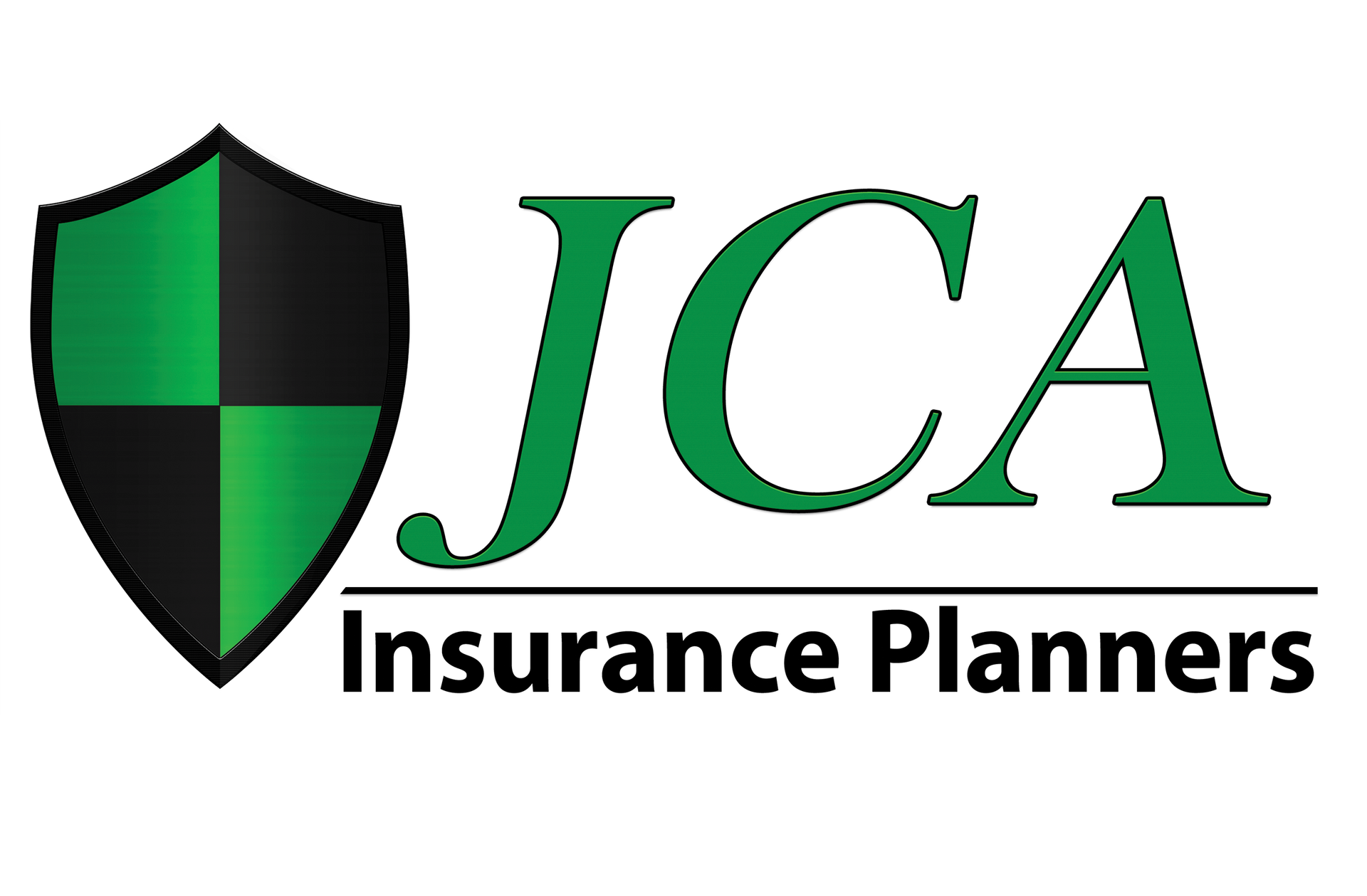Protect Your Family, Grow your Wealth!
Your financial well-being is just as important as your physical health. At JCA Insurance Planners, we offer Life Insurance Solutions that do more than just protect your loved ones—they help you grow your financial future. Whether you’re saving for retirement, managing debt, or building wealth, we help to empower you with the tools and resources to make informed financial decisions. Access revolutionary Financial Solutions that combine the Protection you need with the Motivation to live healthier.
What We Offer Our Clients
- Financial & Physical Wellness Solutions
Living well means more than just a long life; it’s about having the Health and Wealth to Enjoy Time with the People you Love the most. Life insurance is important in many situations. Traditionally, life insurance is used for death benefits and taking care of loved ones when you are gone. However, life insurance opens the door to many other possibilities such as living benefits, Retirement Planning, Legacy Building, College Planning, and so many other solutions.
- Financial Wellness Solutions
At JCA Insurance Planners, we are committed to helping you achieve financial freedom through innovative and actionable strategies. Whether it’s finding ways to manage debt, protect your wealth, or improve your financial literacy, we provide comprehensive financial solutions to help you reach your goals. From identifying your savings and other goals, we are here to guide you every step of the way.

- Physical Wellness Solutions
Now is the perfect time to take your health and wellness into your own hands. With John Hancock Vitality, you’ll be rewarded for maintaining healthy habits, while also receiving access to valuable savings on products and services that support your journey to better health. Don’t wait—start living healthier and get rewarded for it! Explore John Hancock Vitality today and see how small steps can lead to big rewards for your health and your wallet.

For further information about our life insurance policies, call (703) 727-2929.
